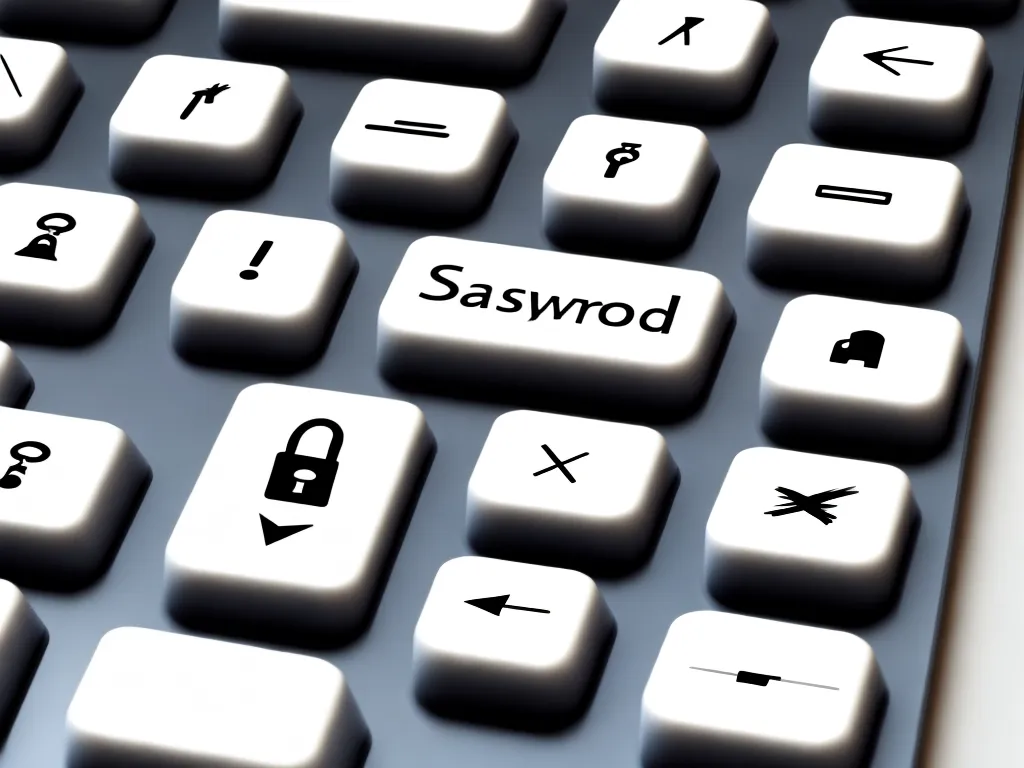
How to Create Strong Passwords and Remember Them
Use Longer Passwords
The most important rule for creating strong passwords is to make them long. The longer a password is, the harder it will be for someone to guess it or crack it using brute force methods. I recommend using passwords that are at least 12 characters long, preferably 15 or more. The extra length makes a password exponentially more secure.
Some tips for coming up with a lengthy password:
- Combine multiple words into one long password. For example: “glassdoortreemoney”
- Add numbers, symbols and capital letters. For example: “glA55door!tree$m0ney”
- Use a full sentence as your password. For example: “Thispasswordisverysecure”
Make Passwords Complex and Unique
In addition to being long, strong passwords should be complex and not easily guessed. Here are some ways to make them more complex:
- Use a mix of lowercase and uppercase letters. Passwords with only lowercase are easier to crack.
- Include numbers and symbols. Using characters like @, #, $, % makes passwords far more secure.
- Avoid personal information or common words. Don’t use names, birthdays, common words or patterns like “qwerty”.
- Never reuse the same password. Each account should have a unique, complex password.
The more random and unusual your passwords are, the better. Using patterns or personal information makes them much easier to predict.
Use a Password Manager
With all these complex passwords to remember, a password manager is essential. I rely on a password manager like LastPass or 1Password to:
- Generate long, random passwords for each account.
- Store passwords securely behind a master password.
- Auto-fill passwords on sites and apps for me.
This allows me to use extremely strong unique passwords without having to memorize them all. A password manager is one of the best investments you can make in security.
Tips for Remembering Complex Passwords
If you need to remember passwords without a manager, there are some memorization tips:
- Create passphrases – Combine multiple words into memorable sentences.
- Use mnemonic devices – Associate characters with memories. Ex: “The 1st house I lived in was 24 Maple Street” for “T1hilwi24MS”.
- Break into chunks – Remember smaller sections of a long password separately.
- Visualize the password – Picture the characters as an image in your mind.
The key is associating the password with something meaningful rather than trying to memorize random characters.
Final Tips
To summarize, here are some final tips for creating and remembering excellent passwords:
- Length is key – At least 12 characters, the longer the better.
- Complexity strengthens security – Mix cases, numbers, symbols. Avoid patterns.
- Never reuse passwords – Each account should have its own unique password.
- Use a password manager – To generate, store and auto-fill strong passwords.
- Create passphrases – Combine dictionary words into sentences.
- Leverage mnemonic devices – Associate characters with memories or images.
Following these tips will help ensure your passwords are robust and secure against modern hacking techniques and brute force attacks. Strong unique passwords are a critical first step in protecting your online accounts and sensitive information.












